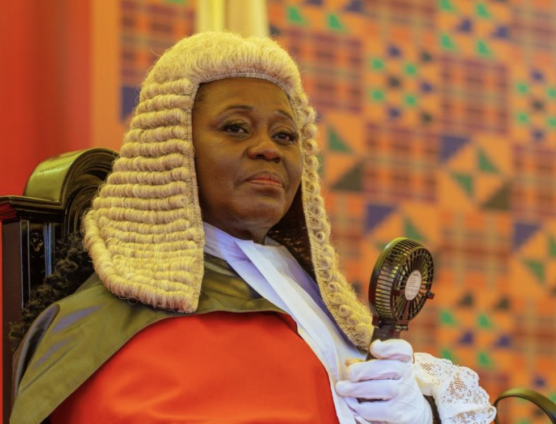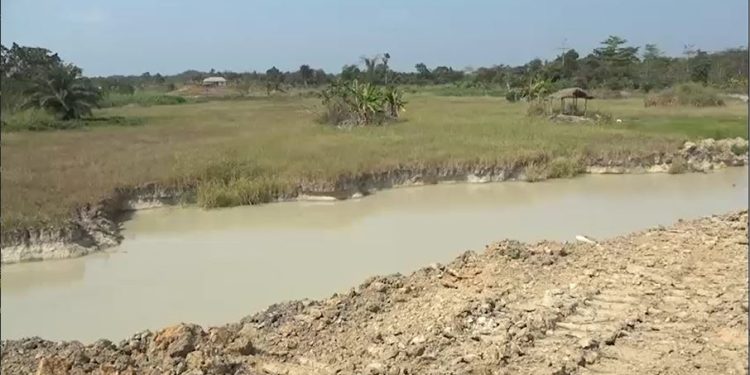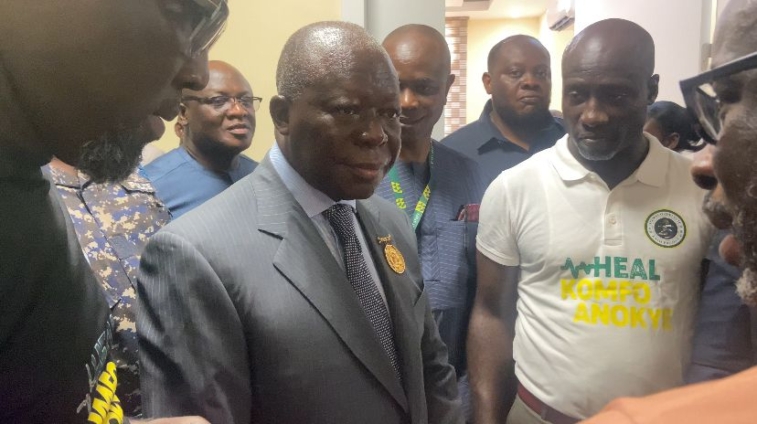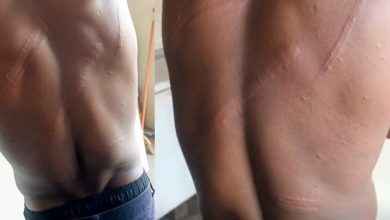Let’s tread carefully to avoid politicising the removal of the Chief Justice – Lawyer

Lawyer and Member of Parliament for Manhyia South, Nana Agyei Baffour Awuah, has called for restraint in any attempt to remove the Chief Justice, emphasizing the need to protect the judiciary from political interference.
His comments followed a press briefing by the New Patriotic Party (NPP) on Wednesday, during which the party urged judges to resist any unlawful attempt to remove the Chief Justice.
Speaking on JoyNews, Mr. Awuah urged all stakeholders, particularly those in authority, to tread carefully when dealing with matters concerning the judiciary, especially the office of the Chief Justice.
He emphasized that the judiciary is a crucial arm of government meant to be non-partisan and impartial.
“When it comes to matters of the judiciary, they are supposed to stand in the middle and hold the scale balanced,” he said. “We must all ensure that this independence is maintained and not undermined, either through politicization or intimidation.”
Mr. Awuah acknowledged that the President has constitutional power to act on petitions against the Chief Justice but warned that such power must be exercised with great caution.
“It’s true the Constitution allows the President to act on a petition, but it is not a decision to be taken lightly. If care is not taken, the judiciary will become a subsidiary of the executive where judges will labor under the fear of being removed from office. If that happens, we are all in trouble,” he explained.
The MP also raised concerns about the vague nature of some of the constitutional grounds for removing a Chief Justice, particularly the term “stated misbehaviour.”
“To me, respectfully, it is very ambiguous because it does not specify what amounts to stated misbehaviour. It is for the Council of State, together with the President, to decide whether a particular petition satisfies the ground of stated misbehaviour and whether a prima facie charge has been established,” he said.
Mr. Awuah urged all right-thinking members of society to insist on due process and caution, especially when the grounds for removal may not be strong enough.
“All we are saying is that if there aren’t very serious grounds, let’s tread with caution,” he added.




